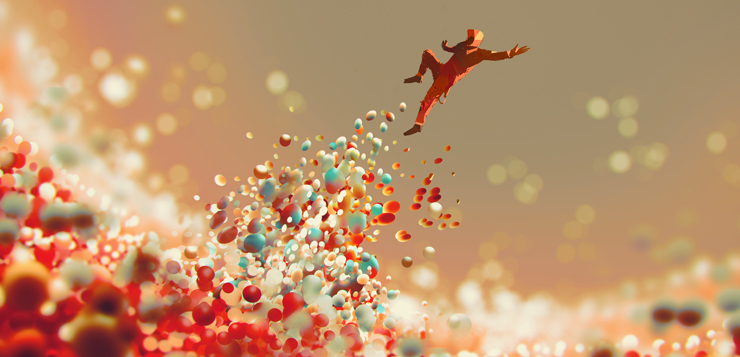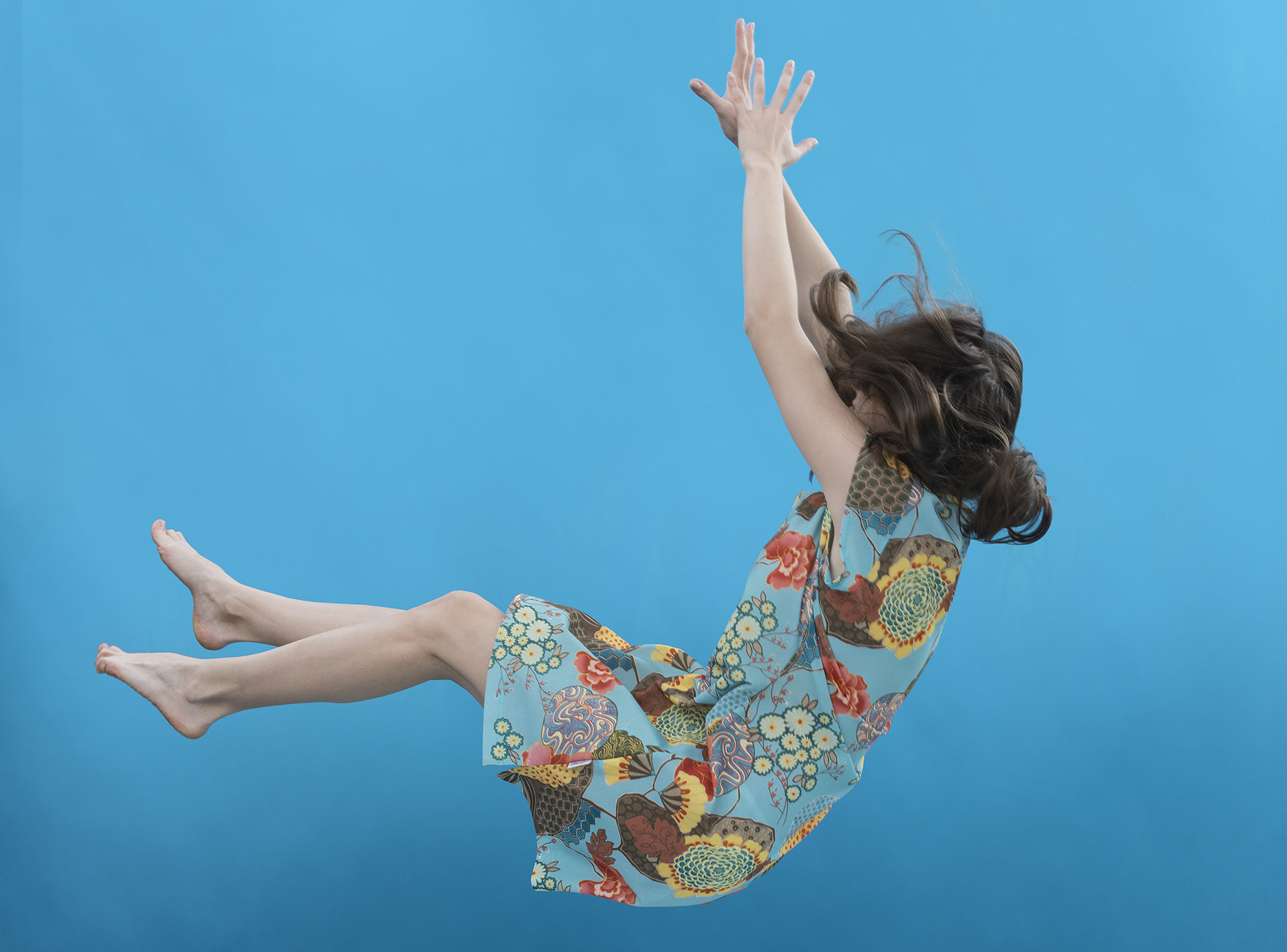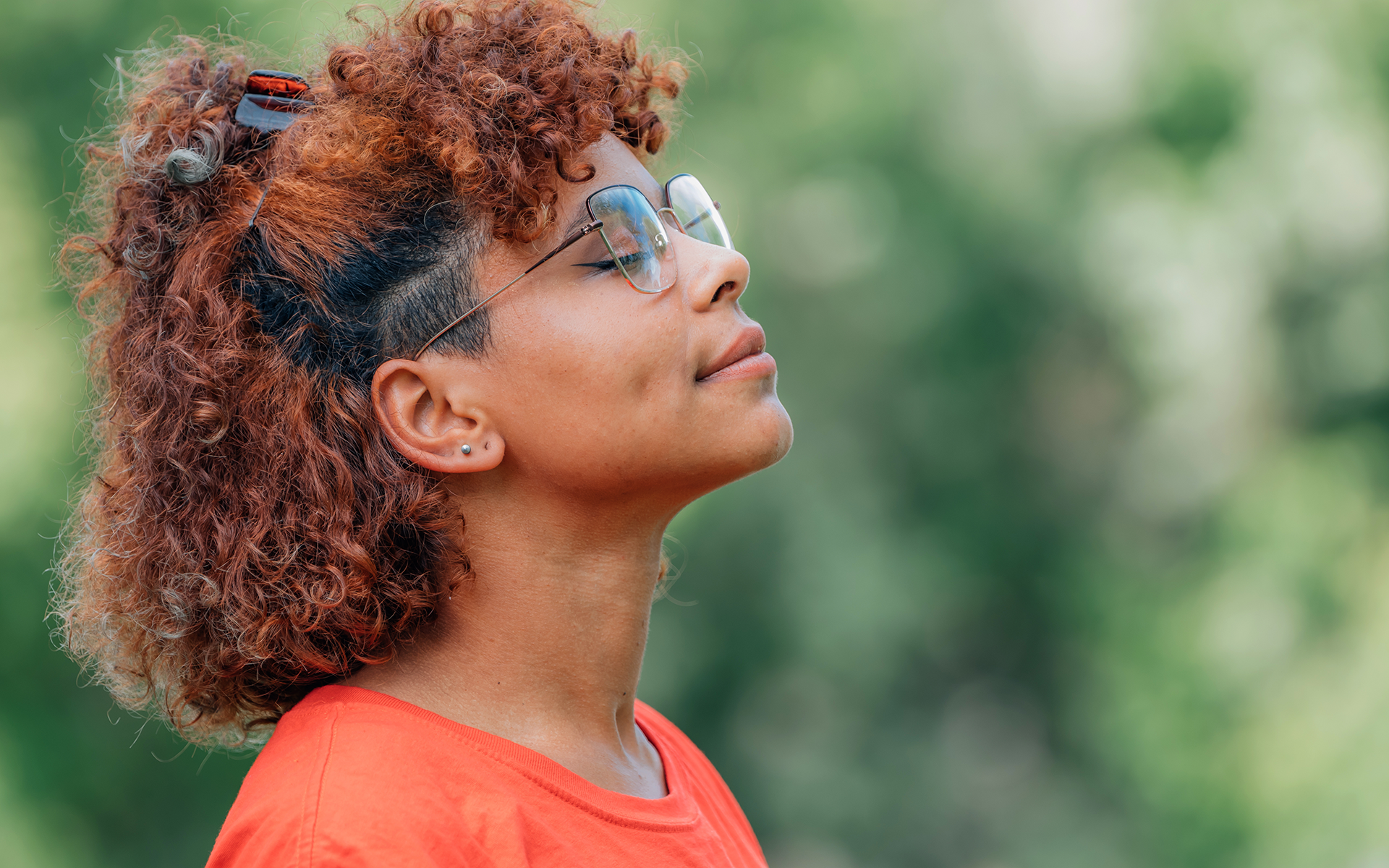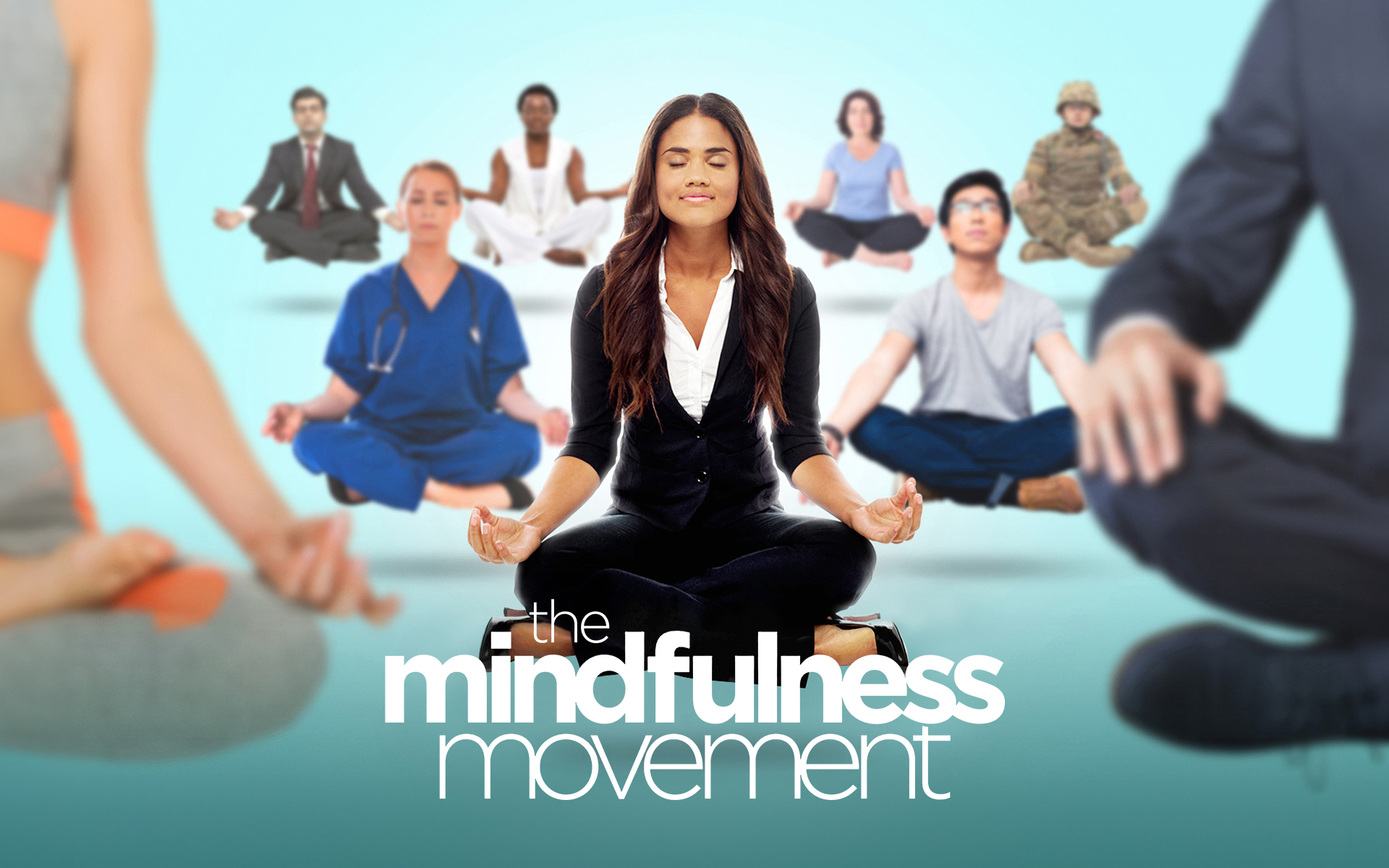At 2017 Academy Awards, the night’s big award, best picture, was largely a contest between two movies: La La Land, a bubbly, lighter-than-air musical depicting beautiful people traipsing through the hills, valleys, boulevards, and freeways of LA; and Moonlight, a gritty coming-of-age story about a young African American marginalized not only through racial discrimination but because he is poor, gay, and being raised by a mother addicted to drugs. Despite its grave theme, Moonlight uplifts; it’s about resilience and love in the face of untold odds.
In the inevitable social media wars, La La Land was denigrated for even being considered in the same league as a movie of the depth of Moonlight. So, when La La Land won the night’s final Oscar, many Moonlight fans turned off their TVs. When the La La Land acceptance speeches were halted to announce that the true winner was Moonlight, it shocked everyone involved. A truly human moment emerged when the teams from both movies expressed their respect and admiration for their counterparts. The pettiness stirred up in the social media universe was not in evidence onstage. Though they made very different movies, their behavior suggested a mutual appreciation for the artistry involved in depicting the light and comic and the heavy and tragic.
That’s what made it striking: Something delightful and heartwarming emerged from a mistake. Having been blown out of proportion, things returned to appropriate size: Hey, we’re just human beings here doing our thing, and whether we win or lose is not the end of the world. Aren’t mistakes wonderful that way?
We need random acts of failure to move forward.
Yet we so often shrink from mistakes. Many of our organizations make it a habit of punishing mistakes harshly, meting out shame that makes people feel small. That’s such a foolish strategy, though, since mistakes are essential for life. Without genetic “mistakes”—mutations—the variability that life needs to continue into future generations would not emerge. Things would be too static.
We need random acts of failure to move forward. In our human interactions, flubs keep us real. Our natural vulnerability, which we so often hide, emerges, promoting connection with others. Errors can inspire the truly lovely emotion of forgiveness. How pleasant is the sound of “That’s OK”? Mistakes are also the key to learning. As psychologist Kelly McGonigal points out, “…the process of ‘failing’—when you’re willing to pay attention—is often what leads to the greatest successes,” and early work by Jon Kabat-Zinn demonstrated that practicing mindfulness could trigger a brain shift that decreased the overreaction to things not going as planned. This responding-not-reacting quality is the essence of becoming resilient.
The practice of meditation is founded on making mistakes. Our attention will wander, which gives us the delightful opportunity to return home—with a smile. And above all, mistakes happen with ease. We don’t have to try to mess things up. A mess awaits us just around the corner.
This article appeared in the June 2017 issue of Mindful magazine.
read more
The Fine Art Of Failing
Our failures only hold us back if we don’t engage with them mindfully. Katherine Ellison learned the hard way the value of failing with presence—and recovering with slow accountability.
Read More
A Practice for Being with the Pain of Failure
Finding our way to true accountability requires a willingness to sit with the discomfort of having caused pain, allowing true compassion to arise.
Read More
A 12-Minute Meditation to Find Stability Amid Change
In this meditation on impermanence, Aden Van Noppen reminds us that when the outside world feels overwhelming, we can often find inner calm by coming back to the breath.
Read More










